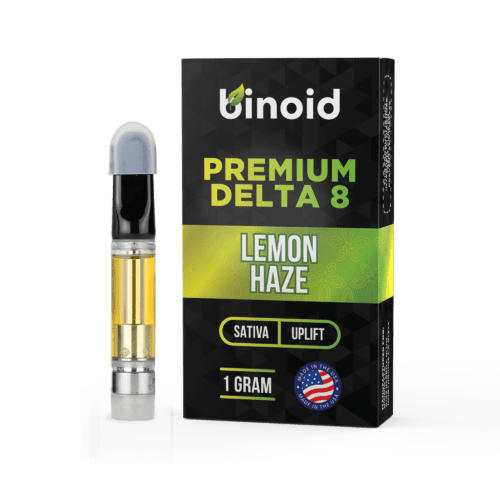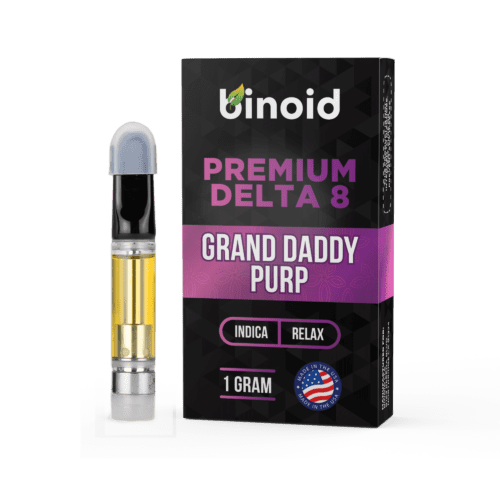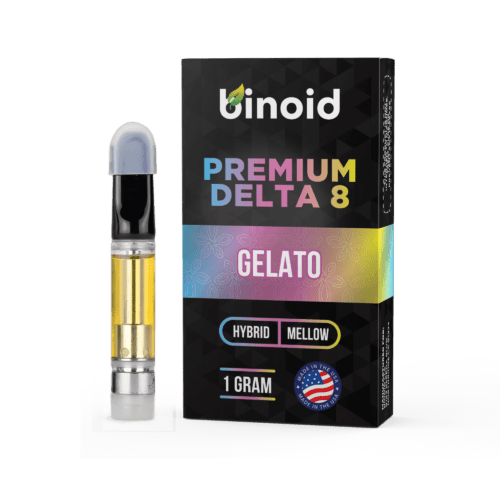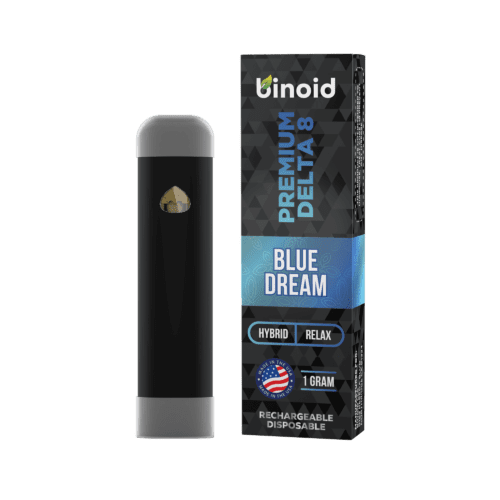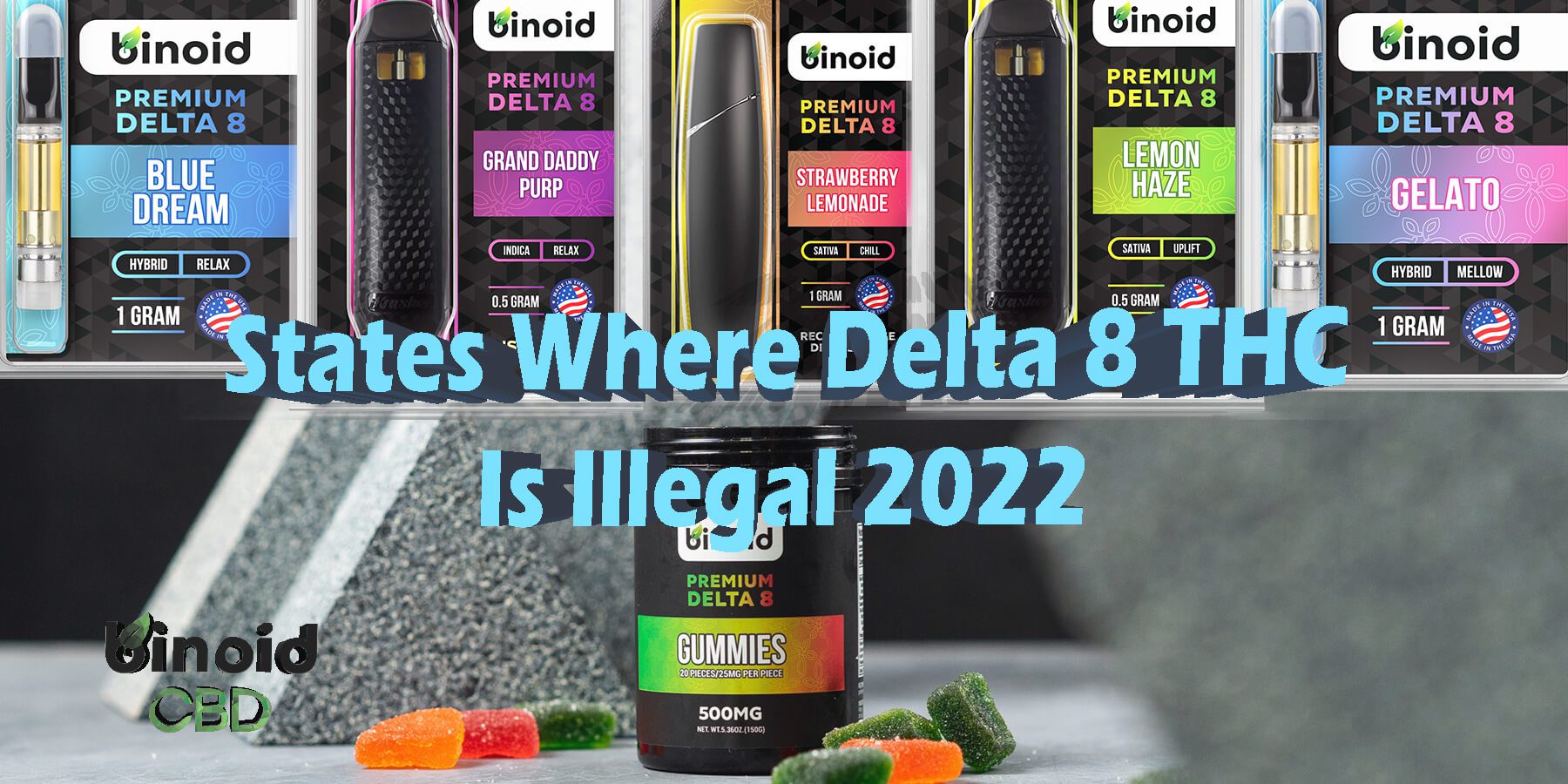
5 States Where Delta 8 THC is Illegal
With the development of hemp-derived, federally compliant THC, the cannabis market has changed dramatically, allowing millions of Americans to finally enjoy the most popular cannabinoid of all time without worrying about getting into trouble with the law. Under federal law, hemp delta 8 products are legal as long as they contain a maximum of 0.3% delta 9 by dry weight, and hemp companies have found a way to abide by this while offering products with significant enough milligram strengths to, well, get users high.
Still, while almost all states in America permit the sales of hemp products that contain up to 0.3% of the cannabinoid, there remain 5 states that have completely banned any THC in hemp, meaning that only hemp-derived delta 8 products with 0% THC are permitted to be sold. Let’s take a look at these 5 states to understand why.
To Buy Delta 8 THC Products Click Here
Alaska
Even though Alaska permits marijuana sales, hemp products sold in Alaska may only contain 0% THC. The state decided to legalize hemp in 2018, the same year it was legalized for use under federal law, and marijuana sales for recreational purposes became legal in the state in 2016. As of now, there are no bills on the table that would permit hemp products with higher THC levels to be sold, but at the same time, residents can always get their THC from marijuana, so few Alaskans are complaining. Delta 8 is illegal in Alaska.
Idaho
In Idaho, CBD is legal, but full spectrum hemp is strictly banned. The state notoriously demands that all hemp products sold to residents contain 0% THC, which means that federally compliant delta 9 products and delta 8 are completely prohibited. The state is one of the strictest when it comes to cannabis, also prohibiting both medical and recreational marijuana, along with non-delta 9 THC cannabinoids found in hemp, like delta 10 and delta 10 THC.
So, Idaho residents have no legal way to get high from cannabis in any regard. And, the state has no intention of changing this law any time soon, so residents are out of luck for the time-being. Delta 8 is illegal in Idaho.
Iowa
Iowa has some pretty confusing cannabis laws, to say the least. As of now, only state-authorized medical marijuana patients are allowed to purchase any cannabis product – including THC-free CBD products – from a licensed dispensary. At the same time, enforcement of this is questionable as CBD stores do exist that don’t require a medical card for purchase, but even selling a hemp product containing more than 0% THC is still very much illegal.
Therefore, Delta 8 and the other compounds are illegal. Medical marijuana patients can also buy marijuana products, with the exception of flower. It’s worth pointing out that Iowa bans all intoxicating cannabis cannabinoids.
Kansas
Kansas is another staunchly anti-cannabis state, as both recreational and medical marijuana are prohibited. Hemp-derived CBD products can be sold, but the state law requires that all hemp products must contain 0% THC, which would make federally compliant delta 9 THC products and delta 8 products completely unavailable.
However, medical patients can apply through the state to have the legal right to buy hemp products that contain up to 5% THC, although the list of qualifying conditions is one of the most limited in the country. As it stands, there is no bill on the table that would allow full spectrum hemp products to be legally accessible to non-medical residents.
-
Product on sale
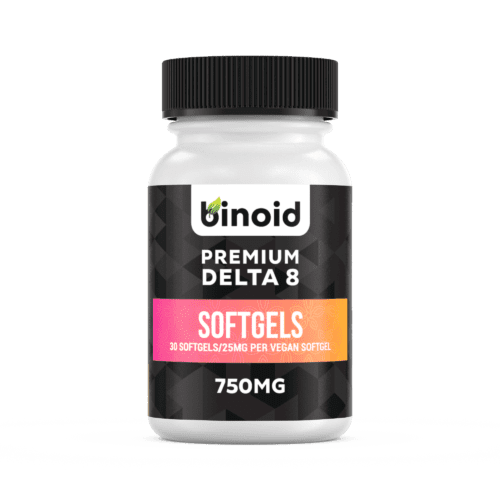 Delta 8 THC Capsules 750MG$31.99
Delta 8 THC Capsules 750MG$31.99$69.99
South Dakota
South Dakota is yet another state that prohibits the sales of hemp products that contain anything but 0% THC, meaning that federally compliant delta 9 THC and Delta 8 cannot be sold to SD residents. The state does have a medical marijuana program, but THC is, ultimately, unavailable to anyone living in the state without a state-approved medical card.
And, it appears that it will stay that way for a while, since there’s no indication that there’s a bill on the table to legalize higher THC levels in hemp products, nor recreational marijuana sales.
Bonus State (Sort of): Hawaii
Hawaii is a bit tricky. You see, although they allow THC for medicinal use, as long as you have your state-approved medical card, they have major restrictions as far as product types go.
Essentially, oral and inhalable products are prohibited, meaning, you cannot purchase hemp-based (delta 8 THC, delta 9 THC, delta 10 THC, delta 11 THC, THCV, THC-P, THC-B, THC-H, THC-C, HHC, HHC-O, or even HHC-P) gummies, vapes, and other edible or inhalable products. Only topicals and tinctures are permitted at the time of this article being published.
What Will The THC Future Hold For These States?
While the good news is that 45 states in the country allow some way to obtain THC, the sad news is that if you live in one of these 5 states, you’re out of luck for now. Hopefully, laws will change in these states sooner or later, at least to allow hemp-derived THC in the federally permitted amount (0.3%) to become legal.
To Buy Delta 8 THC Products Click Here
-
Product on sale
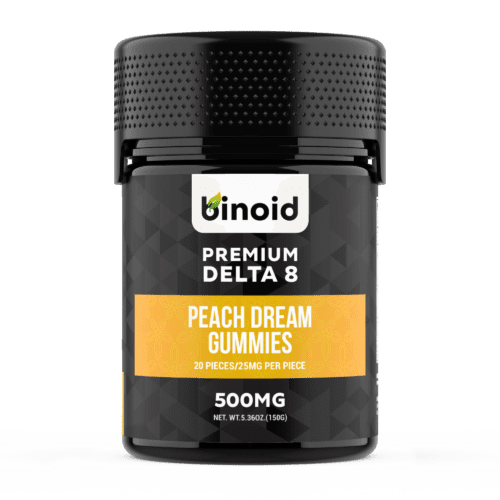 Delta 8 THC Gummies – Peach Dream$29.99
Delta 8 THC Gummies – Peach Dream$29.99$44.99 -
Product on sale
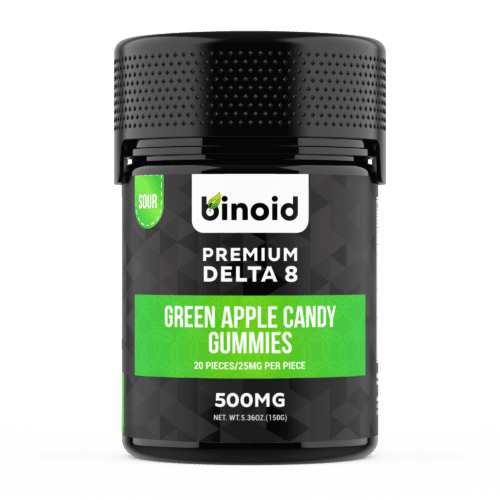 Delta 8 THC Gummies – Green Apple Candy$29.99
Delta 8 THC Gummies – Green Apple Candy$29.99$44.99 -
Product on sale
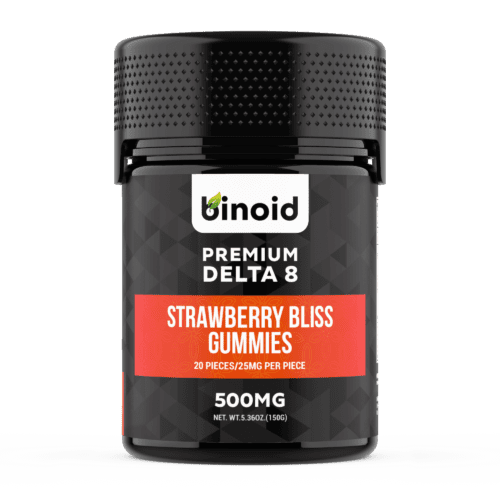 Delta 8 THC Gummies – Strawberry Bliss$29.99
Delta 8 THC Gummies – Strawberry Bliss$29.99$44.99

